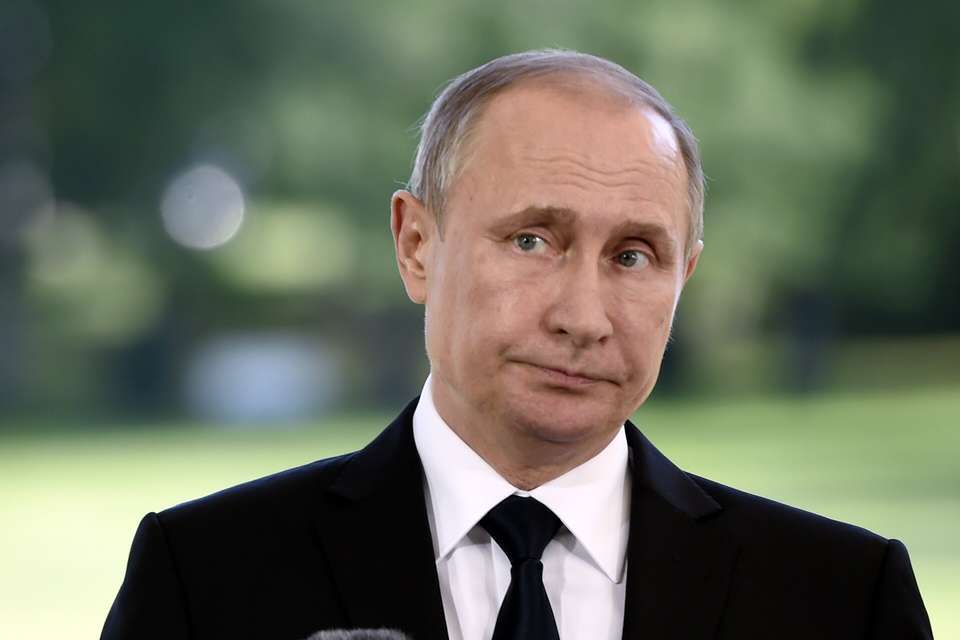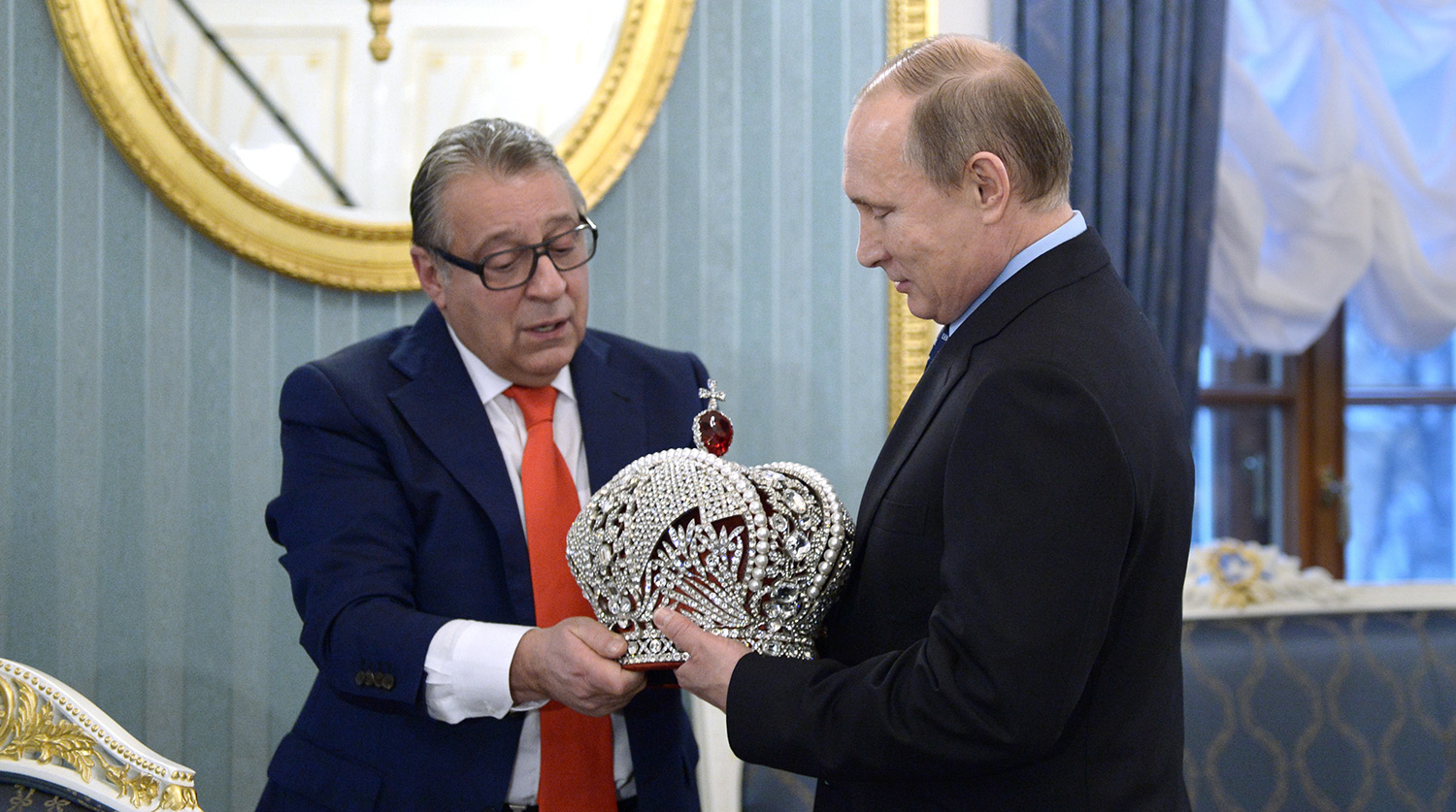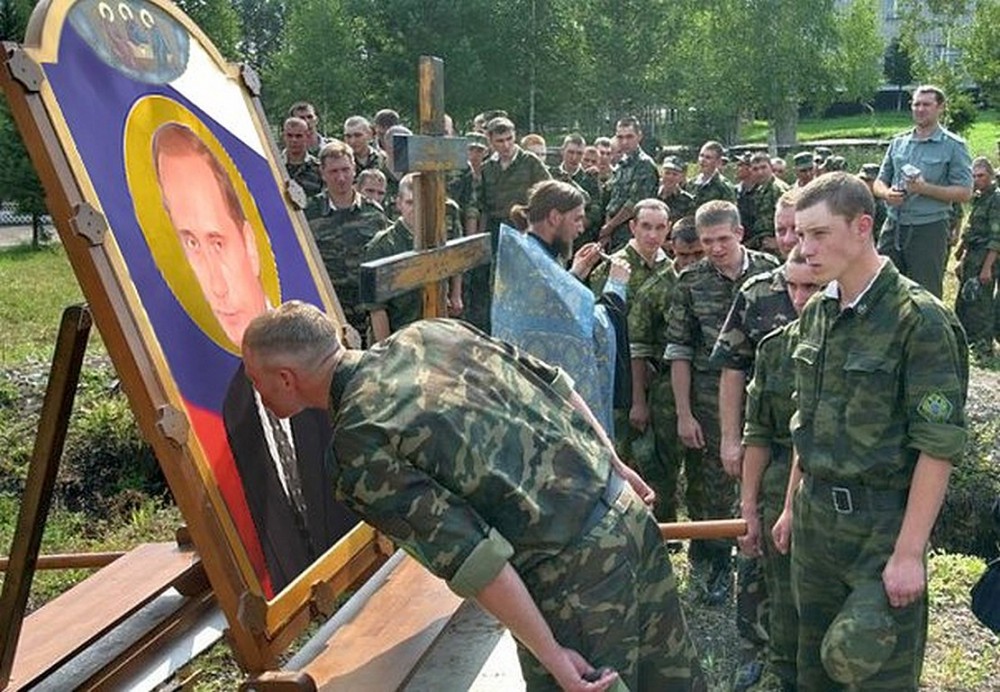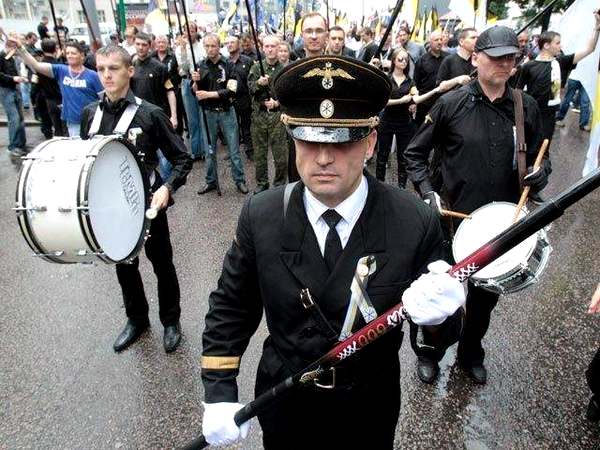Vladimir Putin is with remarkable success using modern political technologies to keep himself and his increasingly antiquated and decaying system in power, Lilia Shevtsova says. But he can do so only for so long, and there are signs that he and his system may not last as long as many now think.

Not only does Putin face constitutional limitations as far as terms are concerned – although it is not unthinkable that he will violate them – he also faces a population with whom his social contract has collapsed and which increasingly wants something different from what the Kremlin leader is offering.
If one examines the Russian system, she suggests, there is every sign of its decline:
And beneath the surface calm, Shevtsova argues, “tectonic shifts” are taking place, including protests in the provinces if not yet in Moscow and the Kremlin’s decision to “throw Russia into the paradigm of war, a well-known means of distracting attention from social and economic problems at home.”
Clearly, she says, “the Russian system has exhausted itself,” although that does not mean that its collapse is necessarily imminent as some have suggested.
But even those can work only so long she suggests, and she points to what happened in 1991 and subsequently as evidence that “the time of Russian autocracy has already ended,” although its death agonies may continue for some time to the harm of both the Russian people and Russia’s neighbors.
A major reason that this is not understood now, Shevtsova continues, is that
Once Boris Yeltsin came to power, he began, knowing no other way, “to restore the administrative vertical.”
There was a brief period in which it appeared that the country might go in a different direction. But Yeltsin’s actions in 1993
against the parliament and then his forcing a new constitution created the foundations for “a new autocracy.” And his arranged reelection in 1996 ended the relevance of elections in Russia for some time.
Then Yeltsin handed over power to Vladimir Putin who was quite prepared to work in this authoritarian paradigm but who chose something “curious” Shevtsova says.
According to Shevtsova, “there had never been such a regime in the framework of the Russian system.” And his innovations meant that his rule could evolve “only in one direction toward ever greater concentration of power in his hand and to a return to imperialism, without which autocracy cannot exist.”
2011 did not represent “the moment of truth” many imagined, she argues. At that time, “Russian citizens came out not for the destruction of the system but for its improvement.” They did not reject “the personalist system of power;” they simply wanted “honest elections and an independent court system.”
Today, the situation of the Putin regime and of Russian society is worse. But, Shevtsova reminds, “there have never been any cases in the history of world civilizations when at a time of collapse the ruling elite, while controlling all resources, suddenly commits harakiri and opens the way for its self-destruction.”
Given that, she says,
For real change, Shevtsova says, there needs to be pressure from the streets, the rise of a powerful opposition and a split in the elite over the road forward. None of these appears to be in position to push through a radical change, let alone cooperate with each other. But economic problems and changes in Russian attitudes may finally lead to that.
But it is already clear that many in society and “even in part of the elites” are not interested in having the current system continue forever.
Because that is so, the elections this year and in 2018 “in essence will complete the former stage in the development of Russia and open a new one,” although it is far from certain what that will be. One thing is clear: there will be new people coming in. Indeed, as of 2018, Putin himself will be “a lame duck” with “the sword of Damocles hanging over him.”
Given all this, Shevtsova says, one can predict that this new stage in the development of Russia will be “turbulent.” And that “unfortunately,” she continues, “will influence” not only Russia but “the stability of countries located around it” for some time to come.
Related:
- A guide to Russian propaganda
- "Sexy Lenin" and other neglected Russian stories this week
- Ukrainian War far more dangerous for Russia than even the Chechen War, Nevzorov says
- Putin has provoked US to take steps that threaten Gazprom, his own 'purse,' Portnikov says
- How Russia's use of deniable assets bamboozled Western security services
- Moscow's disinformation operation far beyond mere lying and obfuscation
- Putin's Crimean miscalculation
- Putin's war games on Ukrainian border aimed at Western leaders above all, analysts say





